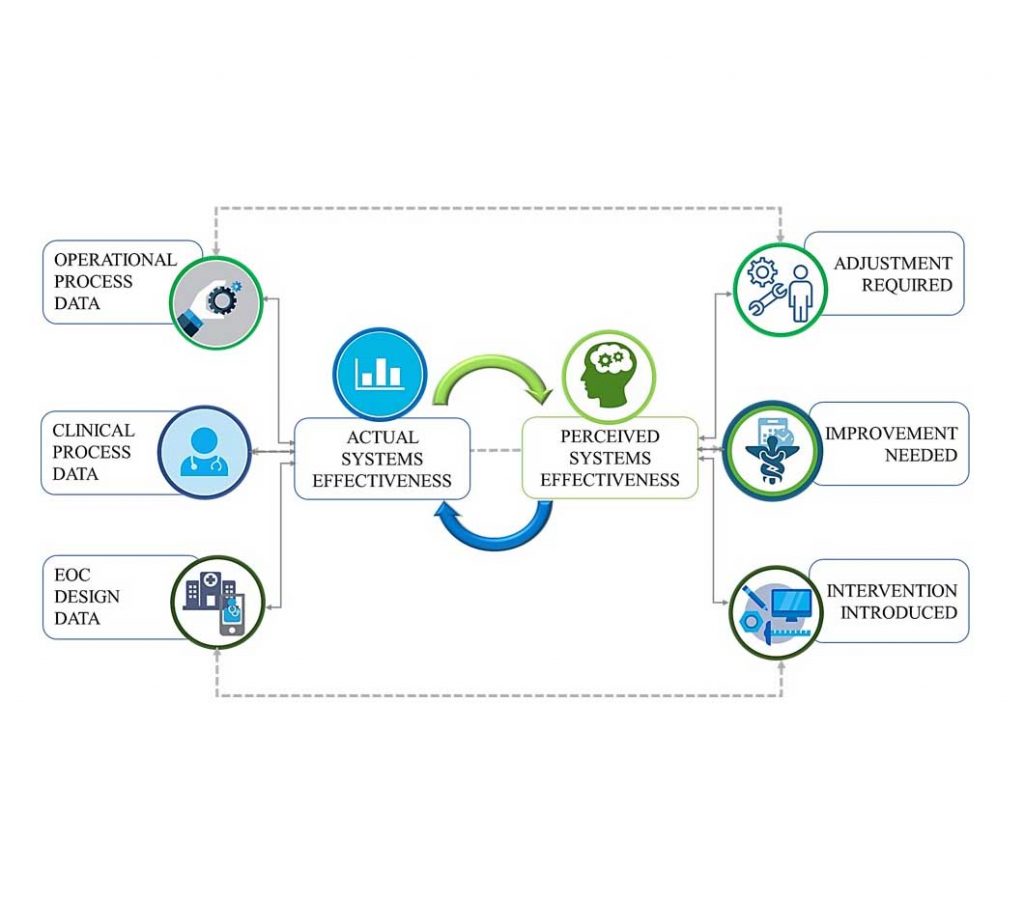Acute and chronic conditions caused or intensified by a lack of adaptive health systems infrastructure can affect the long-term wellbeing of people and their communities. This can create system-wide disparities that exacerbate health inequities in already vulnerable populations. This effort seeks to develop reliable and situationally adaptive environmental resilience strategies that can stem the effects of a complex health circumstance from becoming a catastrophic health crisis.
Health Risk Prevention through Resilient Design (RPtRD) helps communities understand how we might design and build adaptive and responsive environments of care, by understanding context specific risks, in order to better support community health resilience.
Research under development seeks insight into viable solutions for improving community health.
Research teams include partners and advisors from VA and private health centers, homeless resource centers, population health agencies, and colleges and institutes inside and outside the UF academy.
Outcomes
•Applied translational research leveraging national and global research networks and population health stakeholders
•Community partner engagement in targeted health improvement opportunities
•Domain agnostic context specific AI models for measurably improving performance safety of health systems
